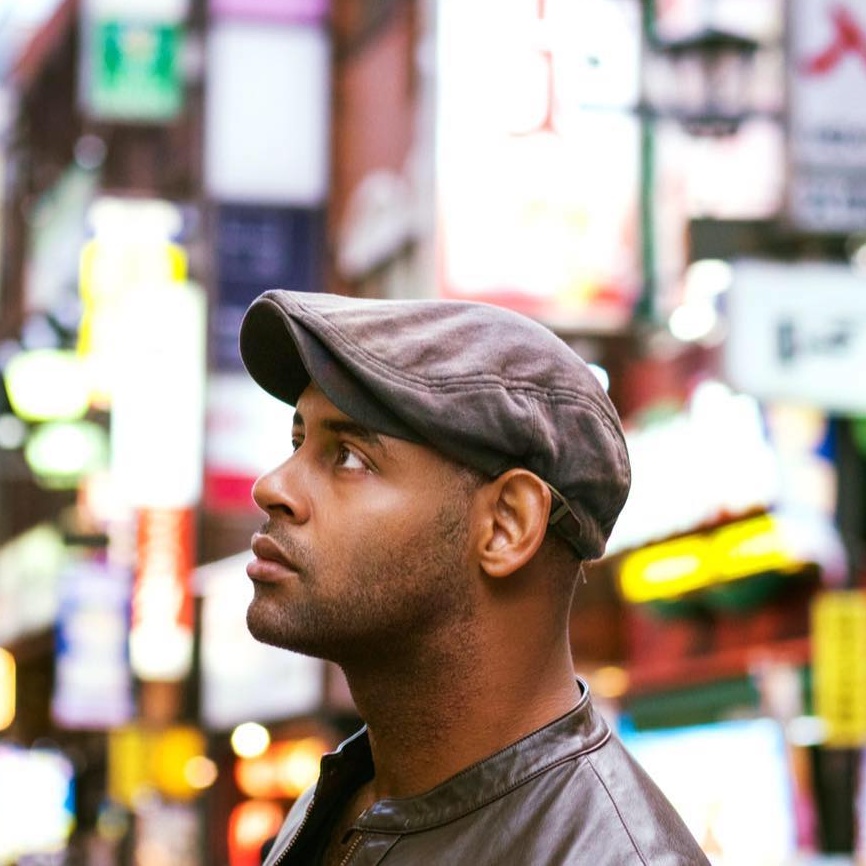Memoirs of Being a Black Sheep in Japan
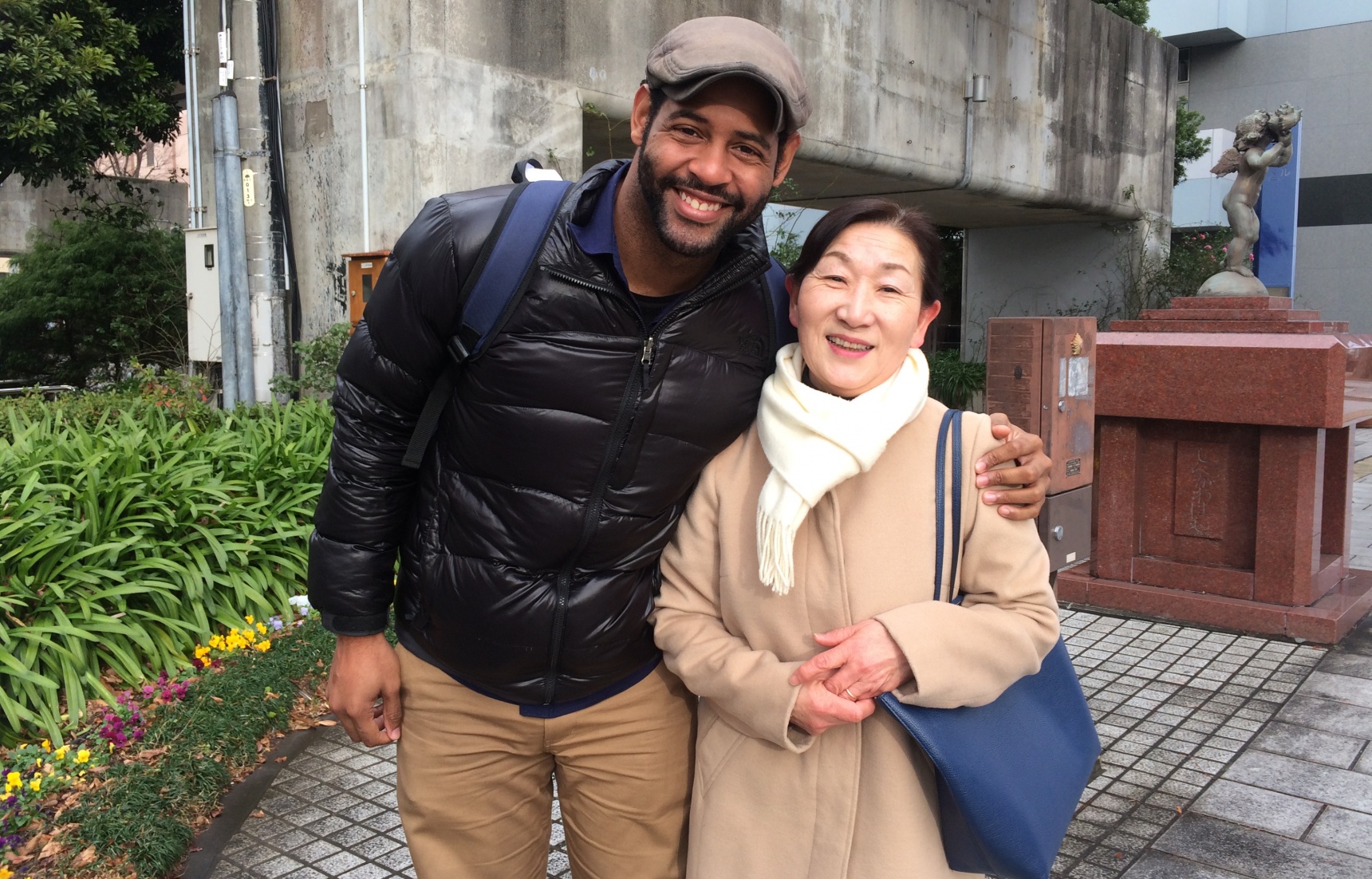
On an island nation where 98 percent of the population looks similar, it can be daunting for some people to see or interact with foreigners. One of our writers recounts his experiences living in Japan as an African-American, how he is perceived in society, and how life here compares to life back home.
By Wendell T. HarrisonFirst Things First
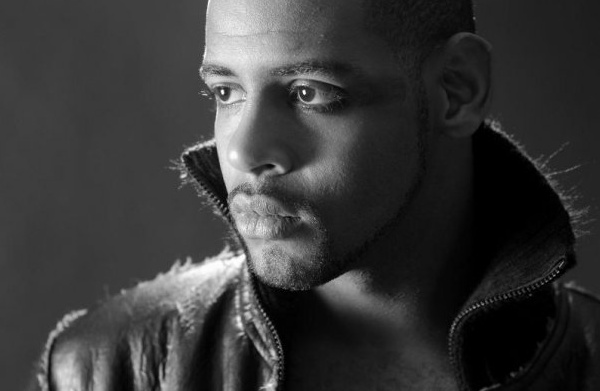
Before I begin, I have to be extremely clear that I can only write from my personal experience. As an African American from the southern part of the United States, I cannot presume to speak from the point of view of a black person born elsewhere in the States, in the U.K., the Caribbean, Africa or any other place in the world.
In fact, part of the difference I experience from other black people, especially my friends from Africa, is in skin color. One question I often get is if I am really black. I know it doesn’t come from a place of negativity, but as a person with caramel-colored skin, it's often assumed I am biracial. And while it’s not completely inaccurate—my family does have Native American blood—I always have to explain that we have a wide range of colors among black people and darkness does not equate to “blackness.” Nor does the place we were raised. Black people are not homogeneous and I do not serve as a representative for all of us.
However, I do regularly enjoy fellowship with a fantastic group of black men living here in Tokyo, and I can say much of what I feel is universal among us. So I will do my best to represent that commonality.
Straight Outta Louisiana
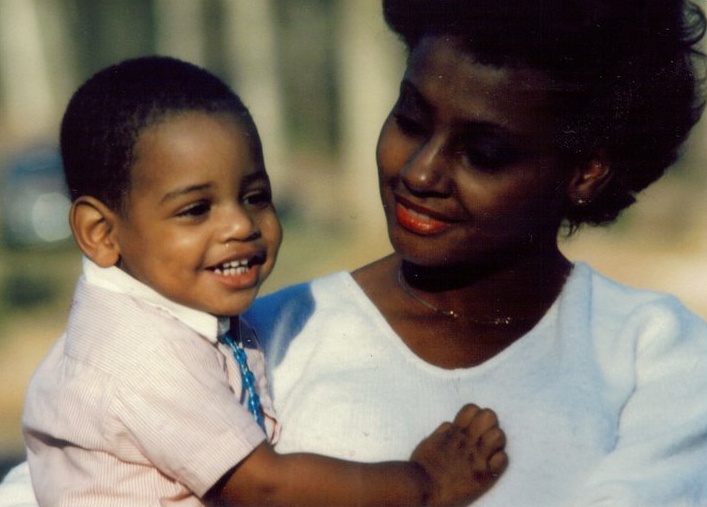
Growing up in Louisiana, I was raised in a society that sees me, a young black man, as inferior. And while I was lucky to avoid overt racial antagonism, there were always instances that reminded me of my skin color. Some were clear: Walking down the street, perhaps a white woman would make eye contact with me before shifting her purse to the side away from me—a subtle reminder that I could be a criminal in her eyes. Others were assumed: One of my college professors rejected my well-researched essay on the names in Shakespeare’s Hamlet, accusing me of plagiarism—as if I couldn’t have possibly written such a piece.
I spent a lot of time while in America thinking about my blackness and how to modulate it: understanding the situations when I needed to be “proper” and more relatable to non-blacks; or amplify it so I didn’t seem out of touch with other blacks. This is one of those universal concepts my friends and I have discussed, and it’s important to point that out before I talk about being black in Japan.
Being black in Japan, for me, is far easier mentally than living in the States. It’s rare when a problem occurs and I wonder: “Is it because I’m black?” Instead, I can be almost assured it’s because I’m a foreigner. And I think that is a bit easier to swallow, especially because being black here doesn’t come with the same negative racial stigma. People don’t see a criminal when I pass them on the street. I don’t worry about negative interactions with the police, ever.
Educational Exchange
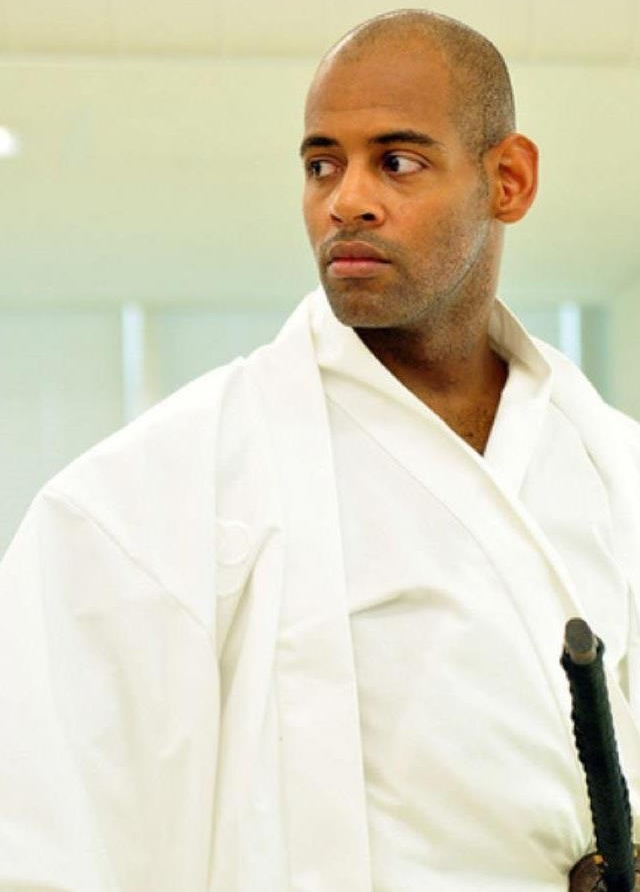
However, stereotypes do exist and they are tiresome. After the 100th time telling a new Japanese acquaintance that I am not a basketball player, a professional singer, or in the military, it tends to roll off the tongue without much thought. If the person seems open minded, I use it as a teachable moment.
“Are you a basketball player?”
“No. Why?”
“Oh, I thought black people are good at basketball.”
“Are you good at karate?”
“No. Why?”
“I thought all Japanese people are good at karate.”
“No… ohhh…naruhodo (I see).”
Even if you’re not black, it can be good to use this kind of reflexive questioning to combat generalizations. It also works the next time someone asks if you can use chopsticks: Marvel at the fact that they can use a fork.
It really helps approaching situations here not from a place of anger, but one of educating. Because with a 98-percent homogeneous population, not everyone has a chance to realize how these assumptions sound. And the same is true anywhere in the world.
Typecast
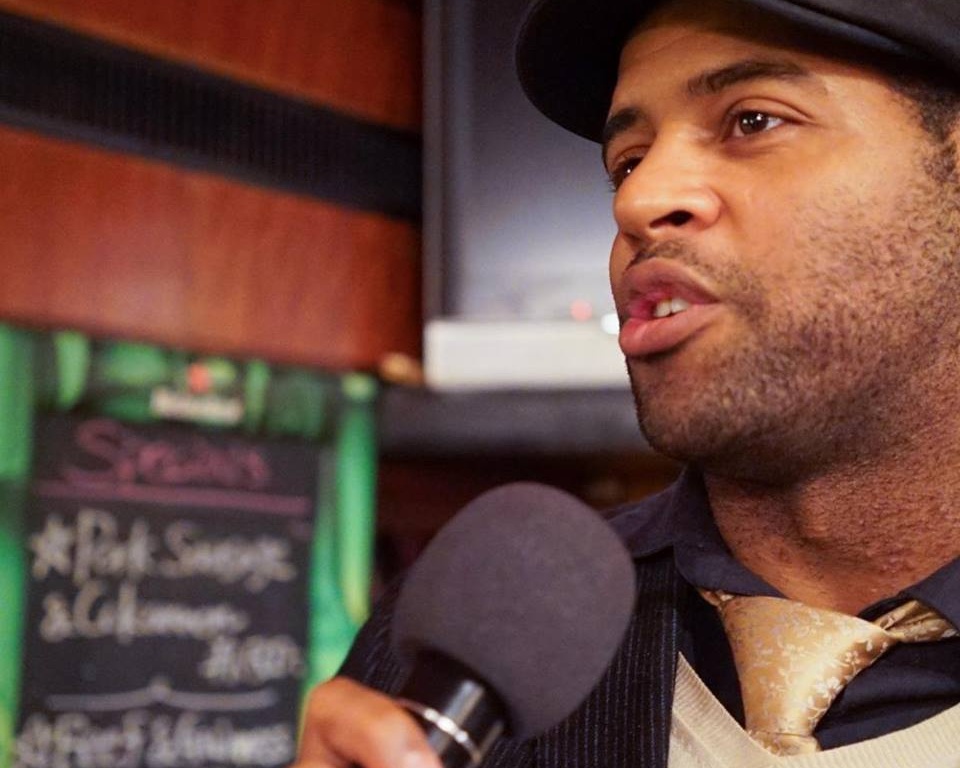
However, as an actor, I've found that casting can be awful here. The roles just aren't there for minorities in general, and I have been sent far too many offers for the same kinds of parts: athletes, assistants, bodyguards.
One of my most uncomfortable experiences was going into an audition without knowing the role for which I was being considered. There were two doors labeled “handsome man” and “taxi driver,” respectively. Without thinking, I walked into the “handsome man” room (maybe a bit of vanity on my part) and waited. All of the guys in the room were tall and white, many of them speaking French. So I enjoyed eavesdropping in a language I no longer use while in Japan. After about 25 minutes of waiting, and still not being called, I asked a member of the staff how long I would need to wait. She looked at me, then back at her list, and said in Japanese: “You’re in the wrong room.”
So, I get my things and walk into the ”taxi driver” room. Lo and behold, only men of color were waiting there. I was so upset by this, I don’t even remember how the audition went. It would have been less offensive for them to have written “white men” on the other door. And trying to explain to my friends made it more frustrating. “So what,” one Japanese friend exclaimed. “If the men in the room were handsome, then why is that bad?”
“Because they are basically saying that only Caucasians are handsome,” I offered.
“I don’t know. Maybe you’re being a little sensitive,” he countered. The mantra of privilege.
Dating by Color
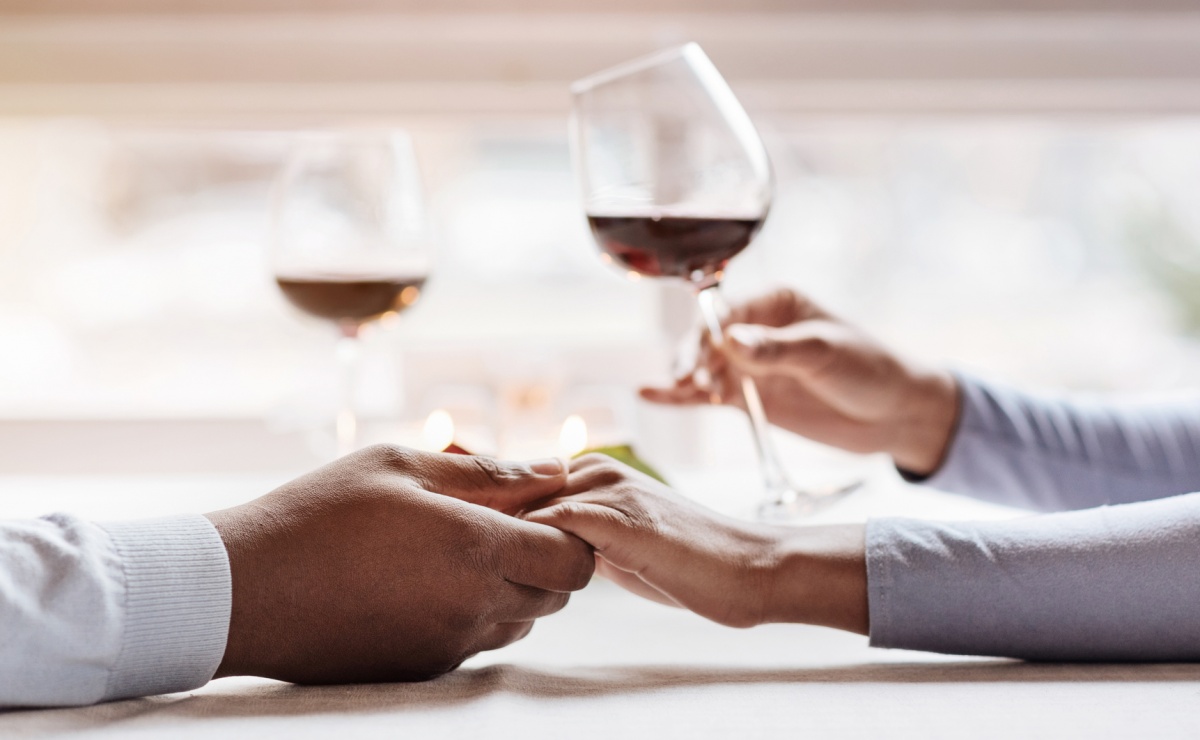
Finally, I will discuss dating. Dating here is, from my experience, also less about being black and more about being a foreigner. Sure there are Japanese gaisen (外専), those only attracted to foreigners, and among those are people solely attracted to Caucasians. But this is not indicative of the entire dating population or, again, a situation that's global. I simply posit that dating here, in my experience, has been hampered more by my Japanese ability (and honest unwillingness to become fluent) than by skin color.
Of course this is one area where I’ll get the most argument. Some people will automatically justify their lack of dating success with external forces. Dating sites and apps may feature people saying “Asian only” or “white only,” but you’ll see this even in cosmopolitan New York as well.
I will say there are some expectations that come with being a black male, assumptions that we are all hyper masculine, sexually aggressive or promiscuous come to mind (another topic of agreement with my friends). But my best piece of advice if you are interested in finding a Japanese partner is to be willing to learn the language and the finer points of culture and communication. Don't hold yourself back worrying about your skin color.

Obviously, this is different for black women. I have had so many conversations with my “sisters” here in Japan and they, without a doubt, have a harder time dating here. In a society where heterosexual males value femininity and demure qualities in women, being raised to be strong and independent doesn’t jive well with the local culture. I find women have to make more of a compromise of character.
And where foreigners are considered exotic, Caucasian women are sometimes put on a pedestal. We are seeing it in 2017 with Ivanka Trump, as Japanese social media is gushing about her, calling her the ideal woman. I am hoping the crowning of biracial Ariana Miyamoto as Miss Universe Japan 2015 is helping to promote the beauty of black women across Japan, as I have great sympathy for my girls here who find it hard to date in Japan.
Underline
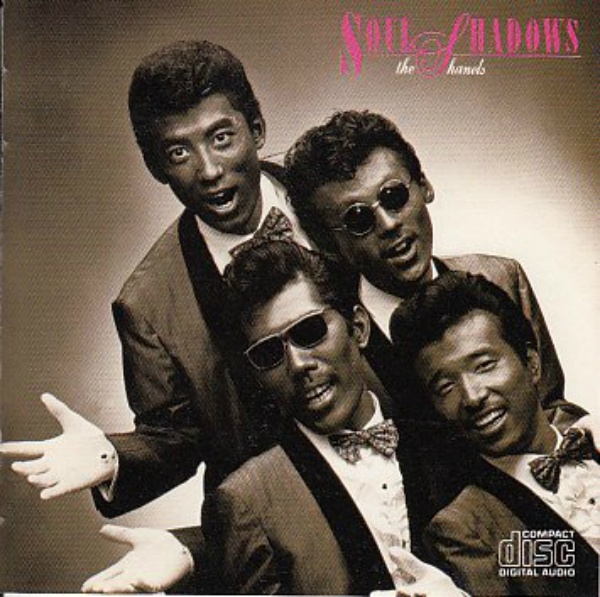
https://www.amazon.co.jp/SOUL-SHADOWS-%E3%82%B7%E3%83%A3%E3%83%8D%E3%83%AB%E3%82%BA/dp/B00005G4KM/ref=sr_1_53?ie=UTF8&qid=1486029522&sr=8-53&keywords=%E3%83%A9%E3%83%83%E3%83%84%26%E3%82%B9%E3%82%BF%E3%83%BC
To wrap this up, I state one last time that this is based on my experience and conversations I’ve had with close friends. I sincerely cannot speak for everyone, but I find that being black in Japan becomes more of a shared experience with other non-Japanese people and less about skin color.
There are clearly some misguided ways of trying to express an appreciation for black culture, such as performing in public in blackface (which is, in earnest, not intended to be insulting). However, the problem lies in not knowing what makes these things hurtful. It is not an active form of racism. And as the country becomes more and more diverse, these attitudes will be learned over time. So I am optimistic that Japan will continue to be a safe place for all walks of life and people of all colors. But that's just my point of view.


